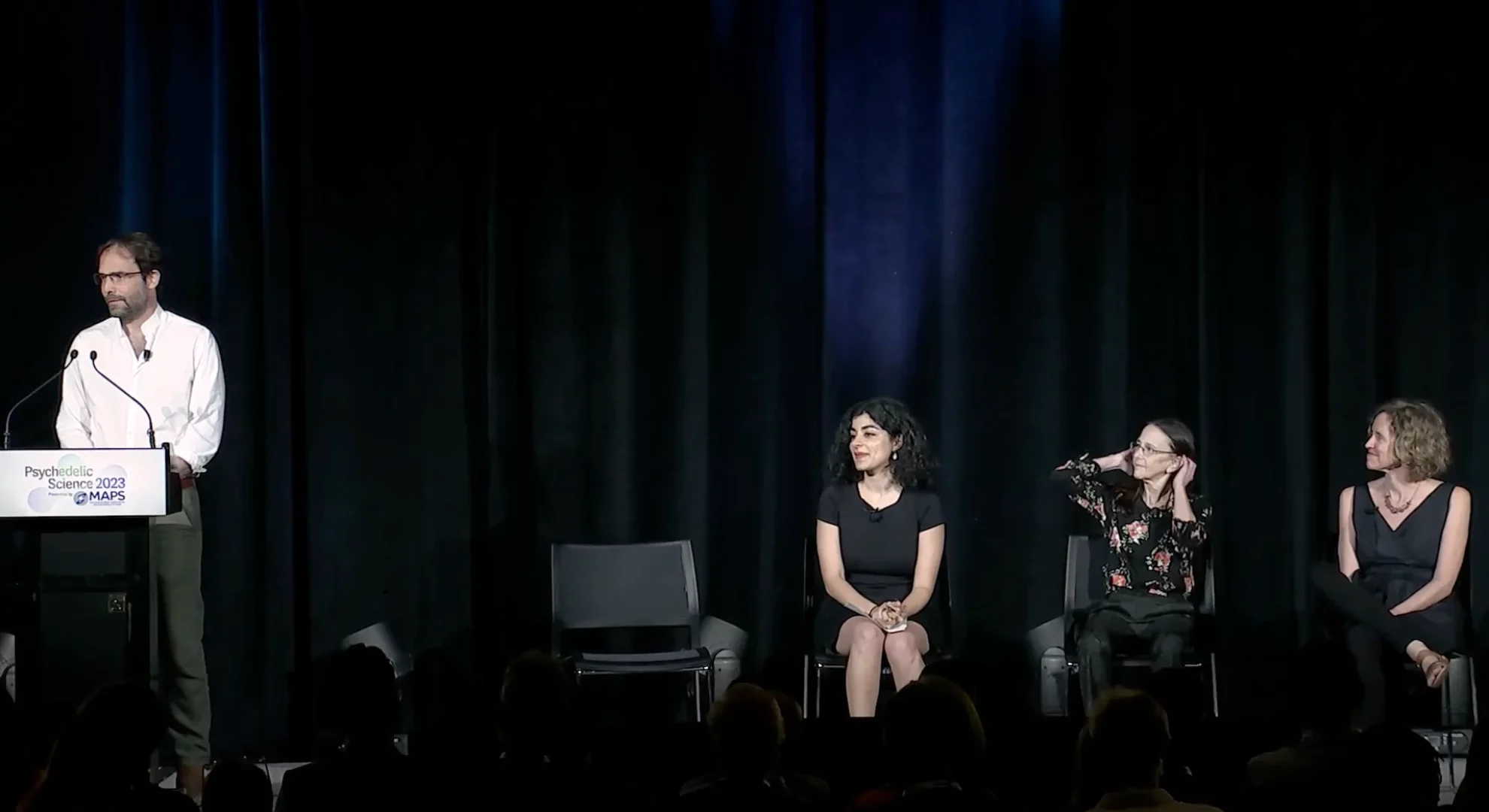
Pilot study of Psilocybin-Assisted Therapy in Hospice care (PATH): preliminary feasibility, safety and efficacy considerations
Psilocybin-assisted therapy has shown promise in improving psychological, existential, and spiritual outcomes in patients with serious illness, but questions remain around indications, treatment modalities, disease states, and integration into existing interdisciplinary models of serious illness care. In this panel, clinicians and researchers from hospice, palliative care and psychosocial oncology will highlight clinical care of psychosocial dimension in patients with serious illness and review historical and contemporary research on psychedelic-assisted therapies in patients with serious illness, emphasizing the need for integration of psychedelic-assisted therapies into existing models of serious illness care. As an example of such integration, they will present preliminary findings from the pilot study of Psilocybin-Assisted Therapy in Hospice care (PATH) they are currently conducting. This collaboration between Dana-Farber Cancer Institute, a large academic cancer center in Boston, and Care Dimensions, a non-profit community hospice care and the largest hospice organization in Massachusetts, aims to assess the feasibility and safety of delivering psilocybin-assisted therapy to patients with terminal illness who are receiving hospice care. Panelists will present their early experiences with recruitment, preparation, dosing, integration, and follow up with patients and discuss unique opportunities and challenges for delivering psilocybin-assisted therapy to this patient population.
Share: Pilot study of Psilocybin-Assisted Therapy in Hospice care (PATH): preliminary feasibility, safety and efficacy considerations
Facebook
Twitter
LinkedIn
Email




